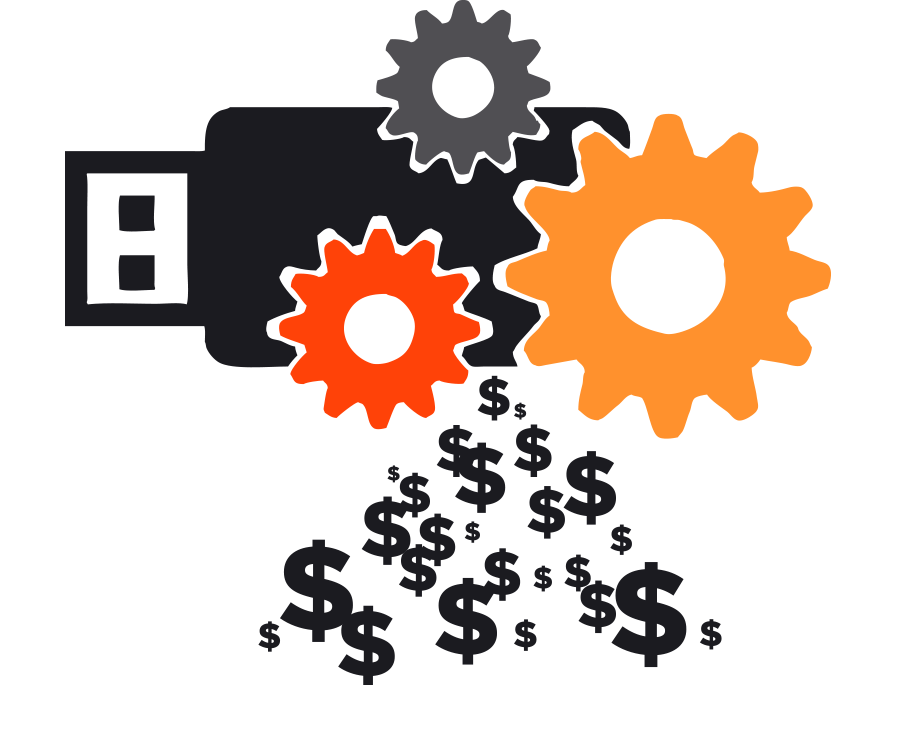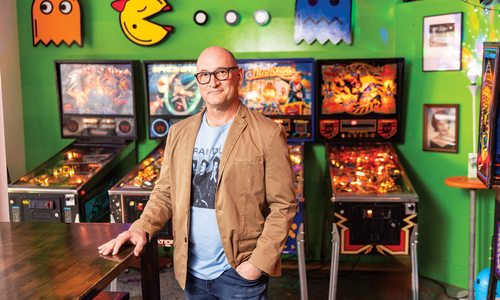
Small Businesses
Growth Thanks to Data Destruction
After buying Computer Recycling Center in 2011, Luke Westerman and former business partner learned the center’s success was tied closely to gas prices. By diversifying its services through data disposal, the business continues to thrive.
By Sony Hocklander
Sep 2016

The Problem
In 2011, Luke Westerman and a partner purchased Computer Recycling Center, a business that recycled electronics. The recovered materials—including plastic, which is a petroleum product in demand when oil prices are high—were a profitable commodity. As oil prices dropped, however, so did the value of plastic. Meanwhile electronics were getting smaller and made with fewer precious metals. Soon the existing business model was no longer sustainable, says Westerman, now sole owner of CRC.
The Big Idea
Westerman says from the start the company tightened security and established new procedures, committing itself to creating what he calls an organization people could trust. It wasn’t long before the company realized data disposal was the right direction for diversification and growth.
The Learning Curve
To diversify services, CRC added more data disposal equipment, including mobile equipment for on-site service. His business set itself apart through best practices recognized by rigorous certifications, including the RT, which is a responsible recycling practices standard. Westerman learned in June the company also passed an audit for a coveted certification from the National Association for Information Destruction.
The Strategy
By listening to customers about a need for responsible data disposal and by paying attention to a changing industry, CRC has overcome limitations of its original business model. Building trust through responsible protocols has been the key to growth. “We do so much more than recycle computers,” Westerman says. Sensitive data must be managed properly, he adds. “I expect us to add more services as our customers see a need,” Westerman says.












